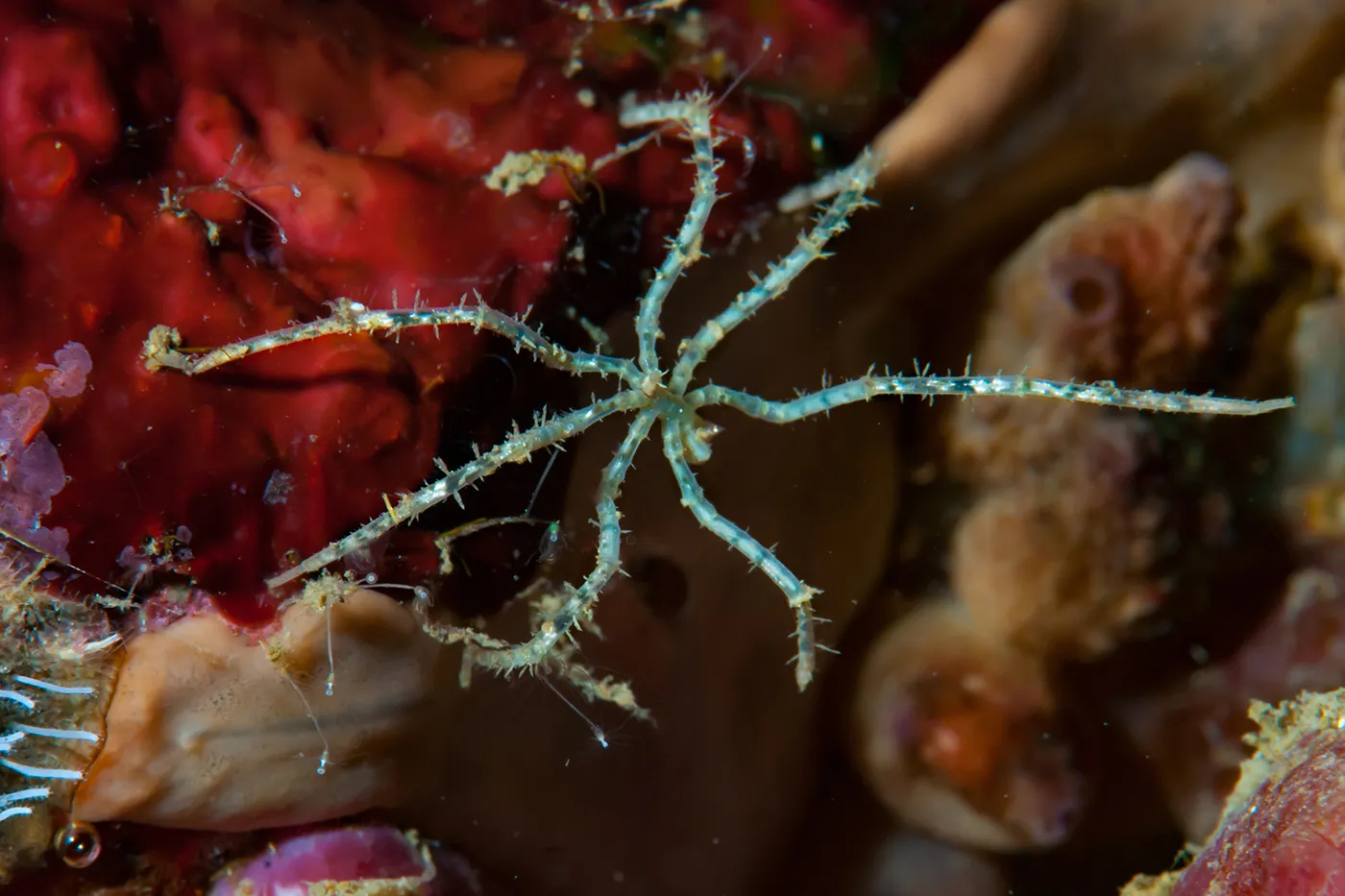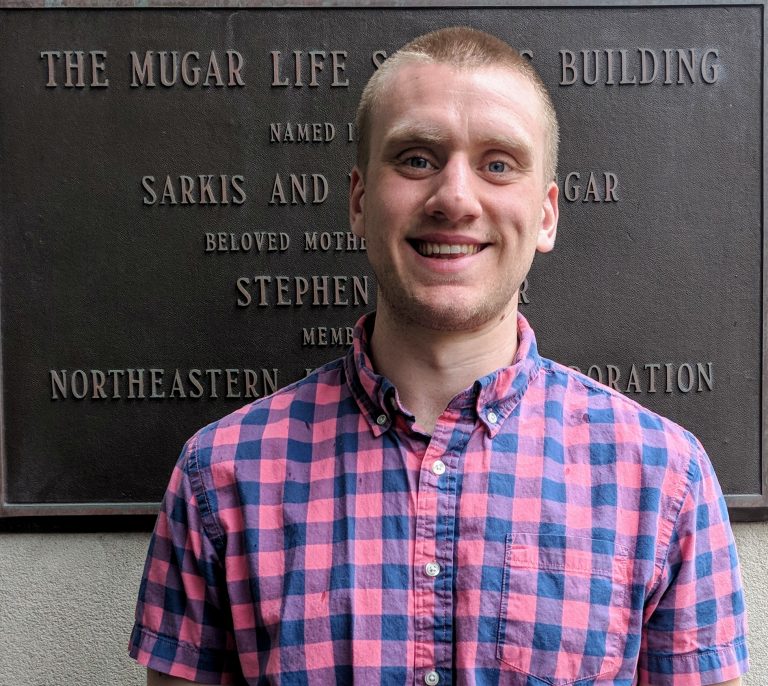COS News
News

Connie Phong wants to know how an animal adapted to live in a highly specialized environment — just below the freezing point for seawater — responds to warming oceans.
How Northeastern scientists are using Antarctic sea spiders to study life on the edge
News

Fleury Augustin Nsole Biteghe has identified a way to target two of the deadliest cancer types with chemotherapy drugs but without the harms associated with chemotherapy.
Northeastern researcher uses light to target and kill cancer cells
Showing all results

Childhood Trauma Changes Your Brain. But It Doesn’t Have to Be Permanent.
Neuroscientists at Northeastern are using rats to understand how trauma in infancy makes children, but especially girls, more likely to develop anxiety and other similar disorders later in life.

NASA Is Going Back to the Moon. Northeastern University Students Are Designing Robots to Explore the Terrain.
Some parts of the moon never see the light, but they are full of resources that NASA could mine to settle on the lunar surface and venture beyond. The agency selected a team of Northeastern students to develop robotic systems to help survey the darkest areas of the moon.
What Hidden Mysteries Lie Within the 15th-century Dragon Prayer Book?
When researchers unearthed a tiny, fragile prayer book hidden deep in Northeastern’s archives, they embarked on a journey to unlock its mysteries. Complex script, medieval music, and poisonous ink are among the discoveries.

Global Population, Climate, and Technology Are Changing Human Health. Here’s What We Can Do About It.
“We see how much the world is changing,” Northeastern student and Rhodes Scholar Kritika Singh told an audience of students, researchers, clinicians, and industry experts on Friday. “People, planet, and technology need to change along with it in order to have a healthier and safer world.”

Could Houses of the Future Be Made by Bacteria?
Imagine if we could grow a building the way coral polyps grow a reef, or if living cells in our clothes could break down sweat and body odor. It’s not science fiction, says associate professor Neel Joshi. It’s the future of scientific research.

Six Northeastern Professors Named to 2019 List of ‘Highly Cited Researchers’ Around the Globe
The 2019 Highly Cited Researchers list features has included six Northeastern researchers who rank in in the top 1 percent by citations in their fields between 2006 and 2016.

The Coronavirus Outbreak Is an International Public Health Emergency. Here’s What You Need to Know.
“Either the screening, detection, and isolation in China will be able to contain the epidemic there, or it will be a global issue,” says Alessandro Vespignani, Sternberg Family Distinguished University Professor at Northeastern. “And this will be decided in the next couple of weeks.”

Food, Forests and Fisheries: A Journey In Conservation and Food
Student Caitlyn Ark journals about her dialogue of civilizations experience in Romania and Crete.

A Close-up Look at the Mysterious Plague Sweeping Through Caribbean Reefs
Northeastern students are surveying a coral reef off the coast of Panama for signs of stony coral tissue loss disease, which threatens twenty species that comprise the heart of the Caribbean’s coral reefs.

Meet Cassandra
The goal of this project was to explore how to control and manipulate the spontaneous polymerization of collagen, the primary material that makes up native tissue, in order to increase the accessibility of collagen in the design of biomaterials and regenerative medicine. In our previous work, we demonstrated that we could increase both the solubility and […]

Meet Tim
The axolotl salamander regenerates its limbs and tail by mounting a massive proliferative response in cells adjacent to the injury. To study this proliferative response, we created a line of axolotls where cells fluoresce different colors depending on where the cell is in the cell cycle; cells that are diving or preparing to divide fluoresce […]

Meet Foroogh
Contrast sensitivity, the ability to distinguish the foreground from the background is the foundation of human pattern vision. For this reason, contrast sensitivity has been considered as a major barometer of human visual function. By capitalizing on deep learning techniques and retinal imaging data, we showed that human contrast sensitivity can be reliably predicted from […]